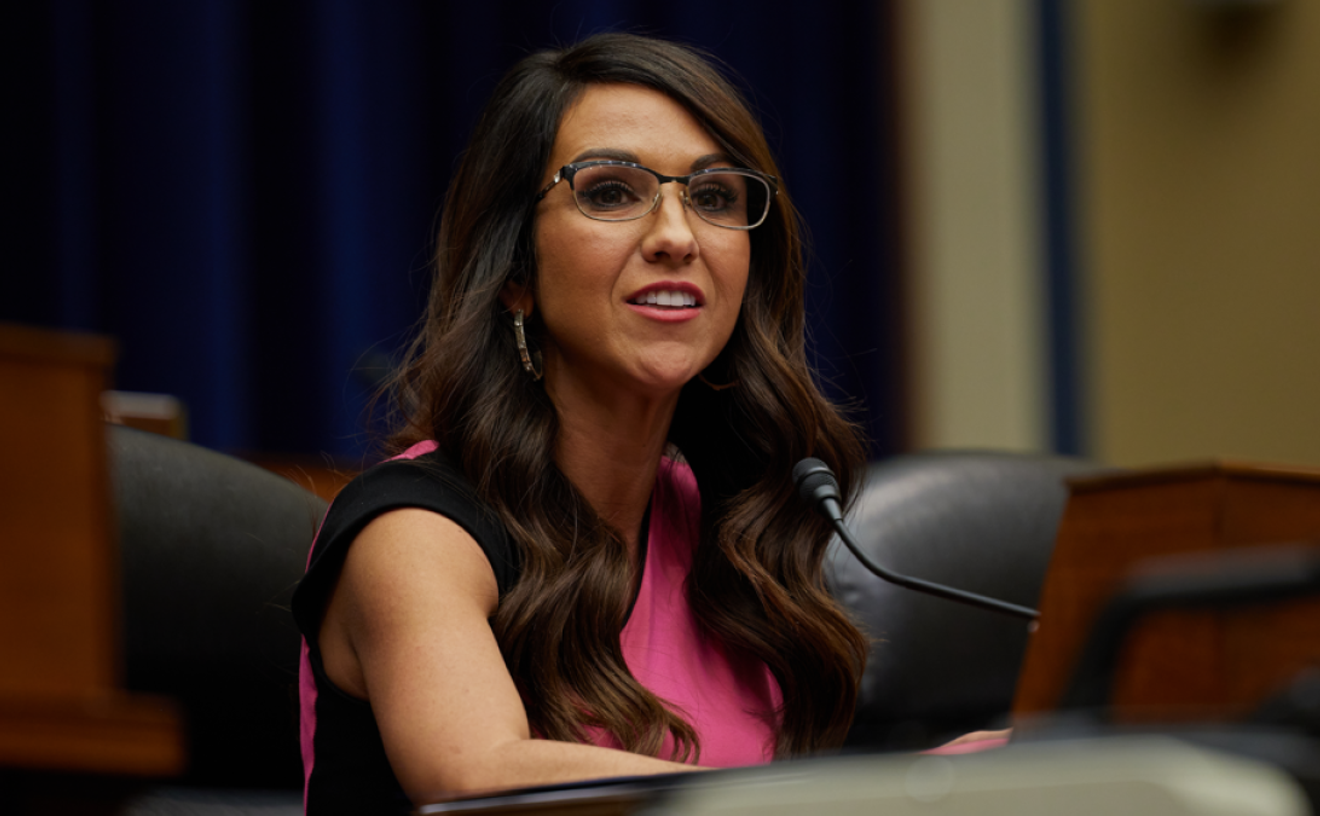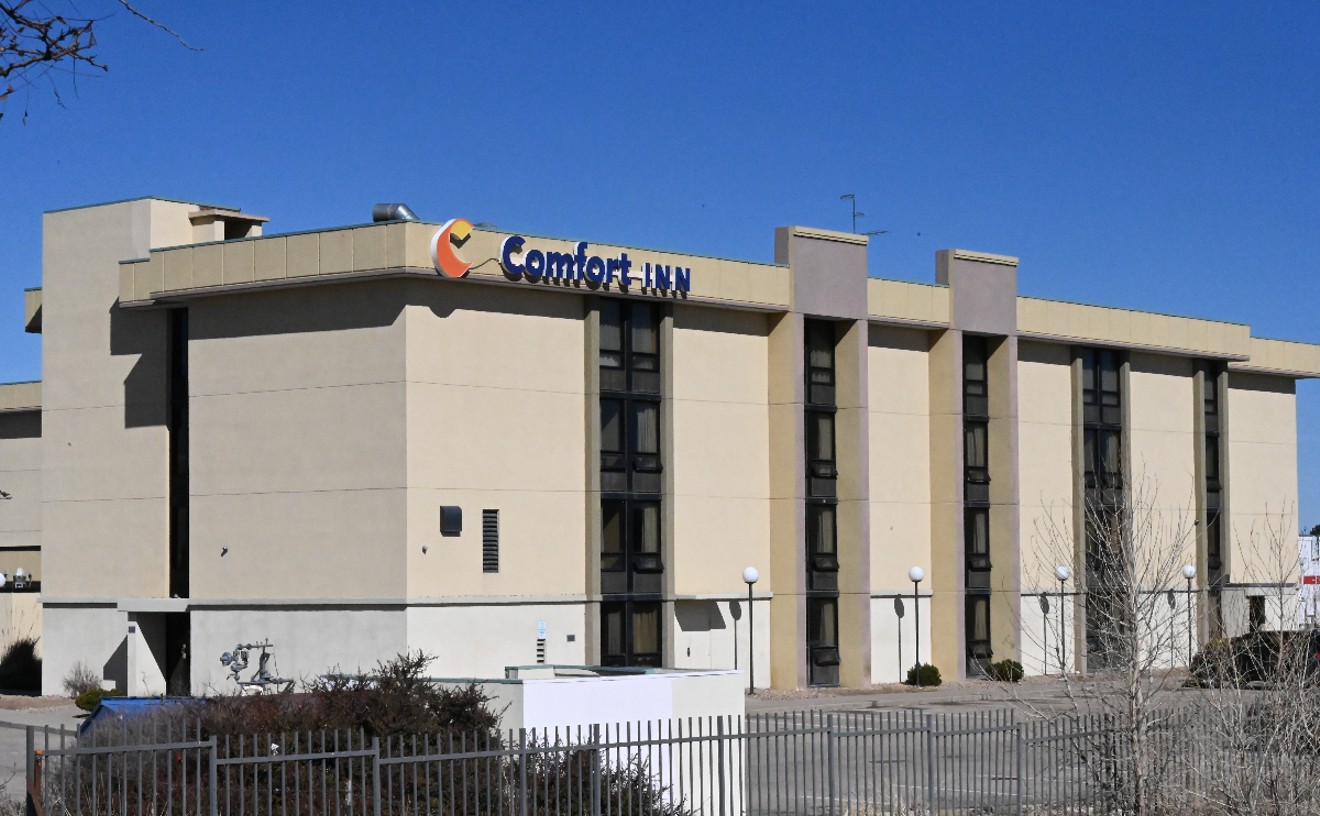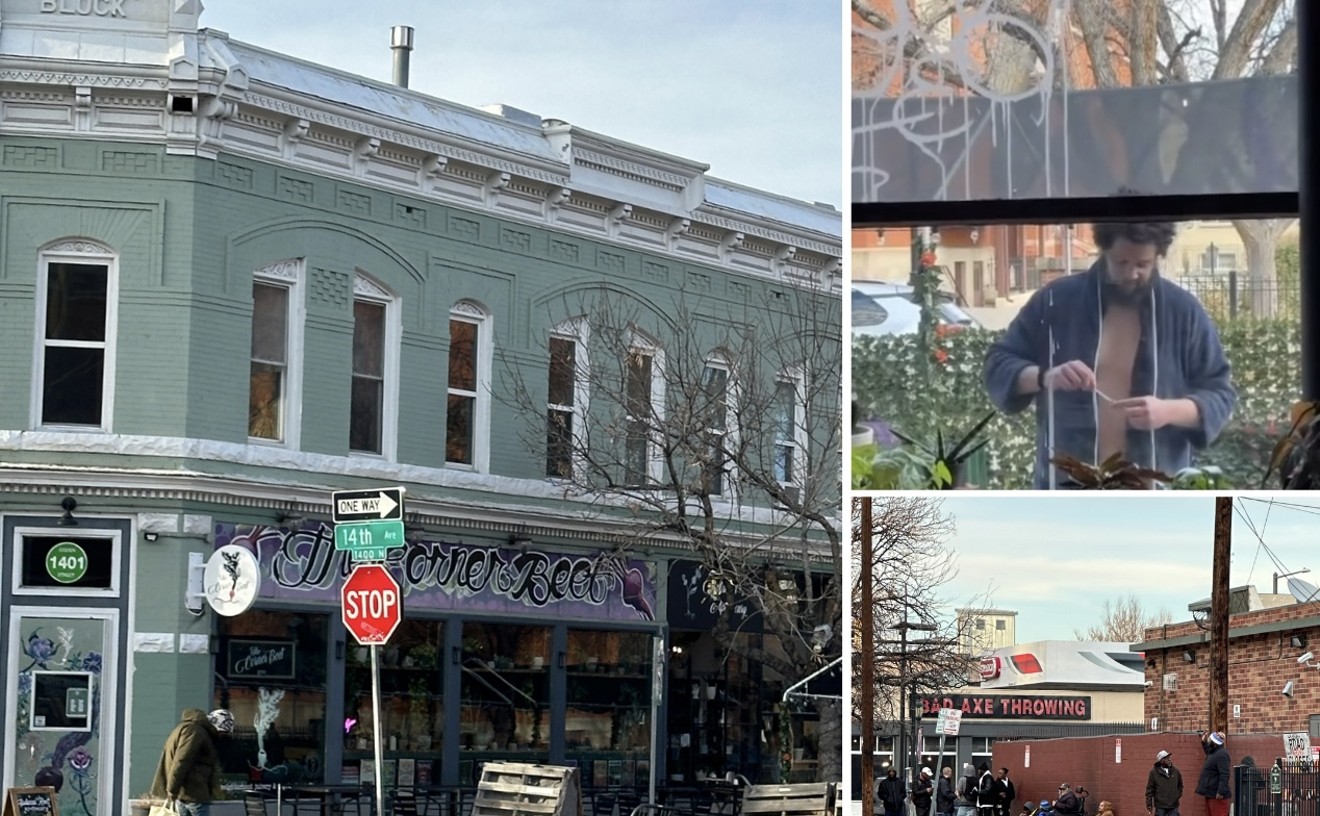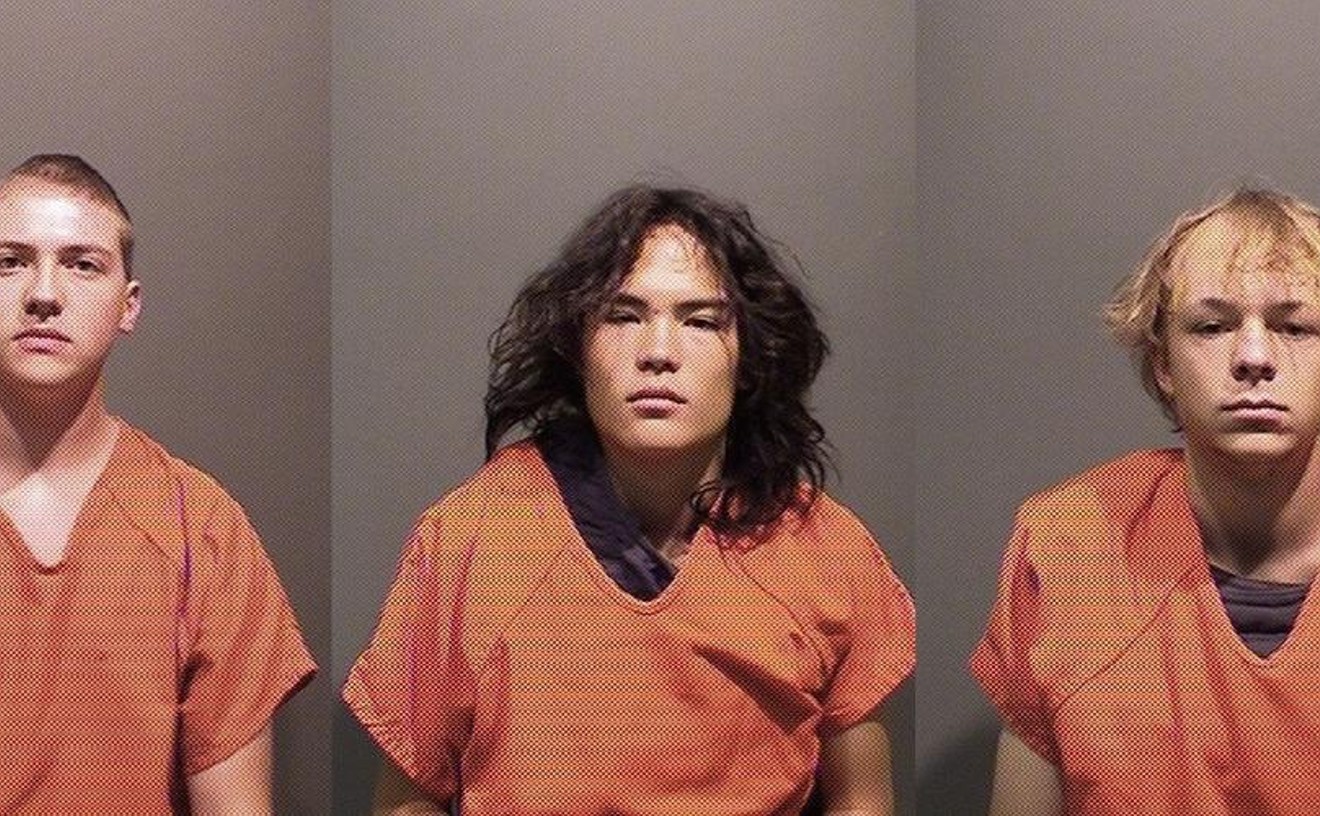Instead, he surrendered and came back to Colorado to face a labyrinth of charges involving bad checks, fraud, theft and people who had disappeared -- people who had something McCormick wanted or had once worked on his family's ranch and were never seen again. He led authorities to human remains in four shallow graves on the eastern plains. He blamed the killings on his father, Tom -- in Mike's account, the ruthless overlord of a criminal empire -- and hinted that there were many more bodies yet to be found.
The investigation that followed had lots of holes. So did McCormick's story. Prosecutors were never able to put together a coherent case against Tom, who had a history of violence against the drifters and boozers he hired to work his ranch, a series of whom had vanished as far back as 1971, leaving bank accounts and new clothes behind.
Tom died in 1997. Mike went to prison -- for life, supposedly -- for the murder of an Idaho trucker. But an appeal turned him loose in 2006, and he then went into a business that's a logical progression for a convicted killer: real-estate liquidations and foreclosure scams. Last week, he apparently got tired of his failing endeavors, kidnapped a female business associate (incorrectly identified in some news reports as his girlfriend), killed her and then himself.
McCormick's final explosion was a grotesque tragedy -- not for him, perhaps, but for the woman who had the misfortune to work with him, and for her loved ones. It also put to rest any hope of solving the cases of the bodies dug up on the family ranch. But any real shot at justice for the homeless men who went to work for the McCormicks died back in the mid-1980s. Evidence was lost, jurisdictional disputes stalled out any momentum the case might have had, Tom lawyered up while Michael lied through his teeth. It was not law enforcement's finest hour in Colorado.
I interviewed Michael McCormick in prison in 1987, when he was still desperately trying to blame the whole mess on his father. (The story that resulted predates our online archives.) As far as I know, it's the only detailed interview he ever gave. It was an emotional couple of hours. He was, by turns, distraught, angry, evasive and histrionic, claiming convenient memory losses when all else failed. When he talked about being deathly afraid of his dad, though, he came across as far more credible than I would have expected.
By the time I'd finished my research, I had become convinced of two things. One, Michael was up to his neck in the scams and slaughter involved in his family's ranching operation. Two, he couldn't have done it alone.
The disappearances went back to when Mike was fourteen years old. One grave had two shovels in it, suggesting two gravediggers. One of the victims had been shot with two different weapons.
You can call Michael McCormick a natural-born predator, a serial killer, a monster, whatever. His victims deserved better than they got, not just from him but from the system that cut deals with him, then convicted him, then cut him loose. Still, monsters don't start out as monsters.
They tend to get some help along the way.











